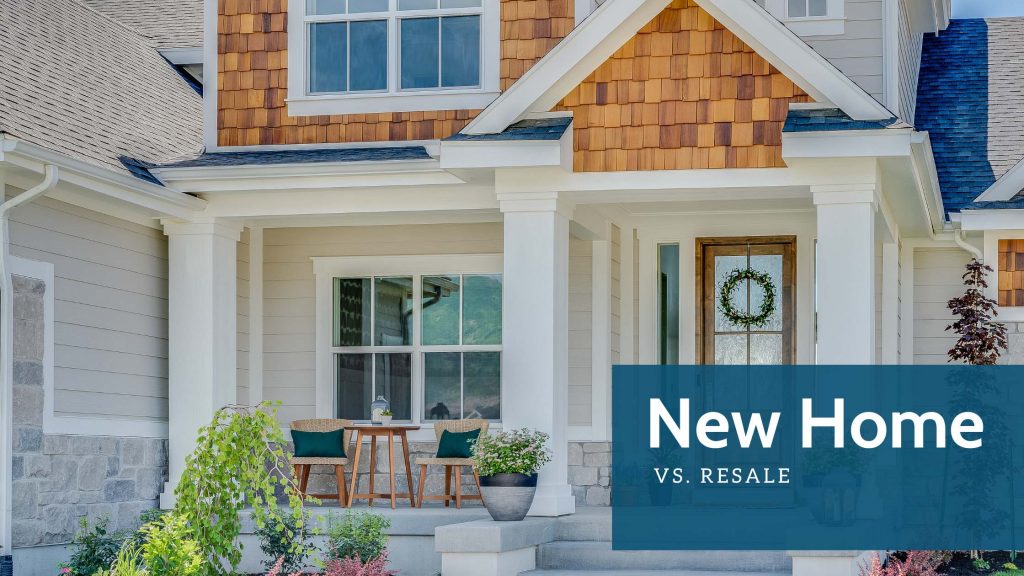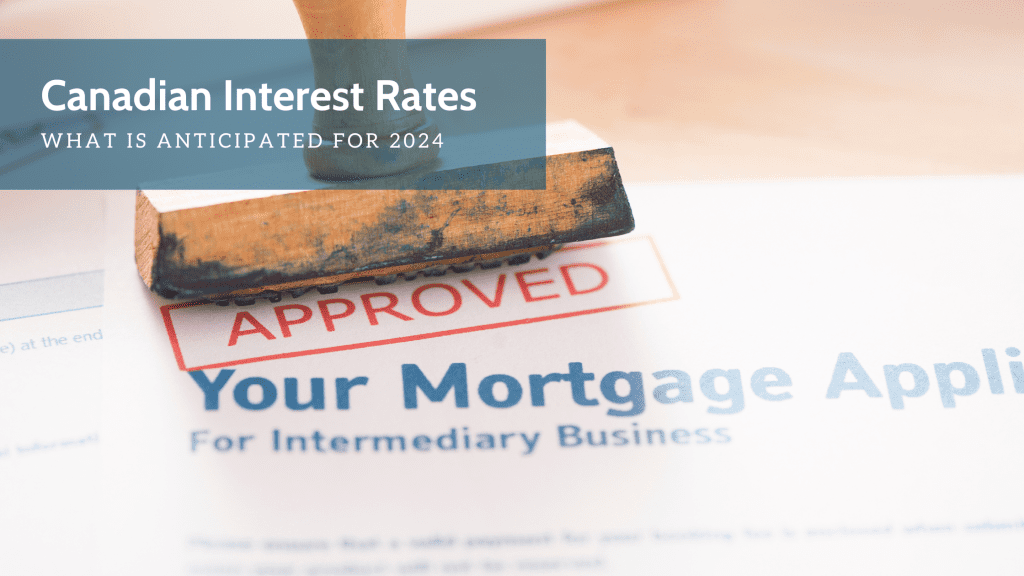Edmonton’s Residential Market Surges in July 2024 Amidst Seasonal Heat
Sat, 10 Aug
In the midst of a sweltering July, the real estate scene in the Greater Edmonton Area (GEA) not only sizzled but also showcased significant growth. This month, the area witnessed a 3.5% month-over-month increase in residential unit sales, totaling 2,941 transactions. This marks a robust 27.1% rise compared to July 2023. The listings followed suit with 3,729 new residential properties hitting the market, up by 2.9% from June and a notable 13.2% from the previous year. Despite the uptick in listings and sales, overall inventory dipped by 1.4% from last month and stands 15.1% lower than last July.
Breaking down the numbers, detached homes led the charge with 1,708 units sold, an increase of 2.8% from June and a substantial 23.5% from last year. On the flip side, semi-detached homes saw a slight decline of 6.6% in sales from the previous month but managed a yearly gain of 13.0%. Row/townhouses experienced a healthy boost with sales up by 4.7% from June and a remarkable 52.0% year-over-year increase. Apartment condominiums, although fluctuating slightly, reported an 11.7% month-over-month increase and a 32.3% jump over the previous year.
Price-wise, the total average price of residential properties edged up to $440,466, a modest 0.4% rise from June and 7.7% from last year. Detached homes commanded an average price of $552,031, reflecting a 2.3% increase from June and a 9.8% increase year-over-year. Semi-detached units, while dipping 3.6% in price from June, showed a year-over-year price increase of 7.4%, closing at an average of $406,906. Row/townhouses nudged up to $292,072, a 0.7% rise from June and a significant 10.6% from last year. Apartment condominiums saw a slight price decrease of 3.4% from June but are still up 4.9% over the previous year, averaging $204,315.
According to the MLS® Home Price Index (HPI), the composite benchmark price in the GEA slightly decreased by 0.4% from June to $406,600, but is up by 7.1% compared to July 2023.
Melanie Boles, 2024 Board Chair of the REALTORS® Association of Edmonton, commented on the market dynamics, stating, “Despite the July heatwave, the real estate market experienced an unexpected surge in buyer activity. While we typically see a slowdown after the busy spring months, this July proved different, thanks to continued demand and limited supply.”
In terms of how quickly homes are selling, detached homes averaged 32 days on the market, showing a slight increase. Semi-detached homes sold faster, averaging 27 days, while row/townhouses took a bit longer at 31 days. Apartment condominiums lingered on the market for an average of 43 days. The overall average days on market for all residential listings increased slightly to 33 days, although this is still quicker than last year by 12 days.
This snapshot of Edmonton’s real estate market in July 2024 paints a picture of a market that, despite the seasonal heat, continues to demonstrate vigorous activity and healthy appreciation in property values.
Data and Information provided by the REALTORS® Association of Edmonton


